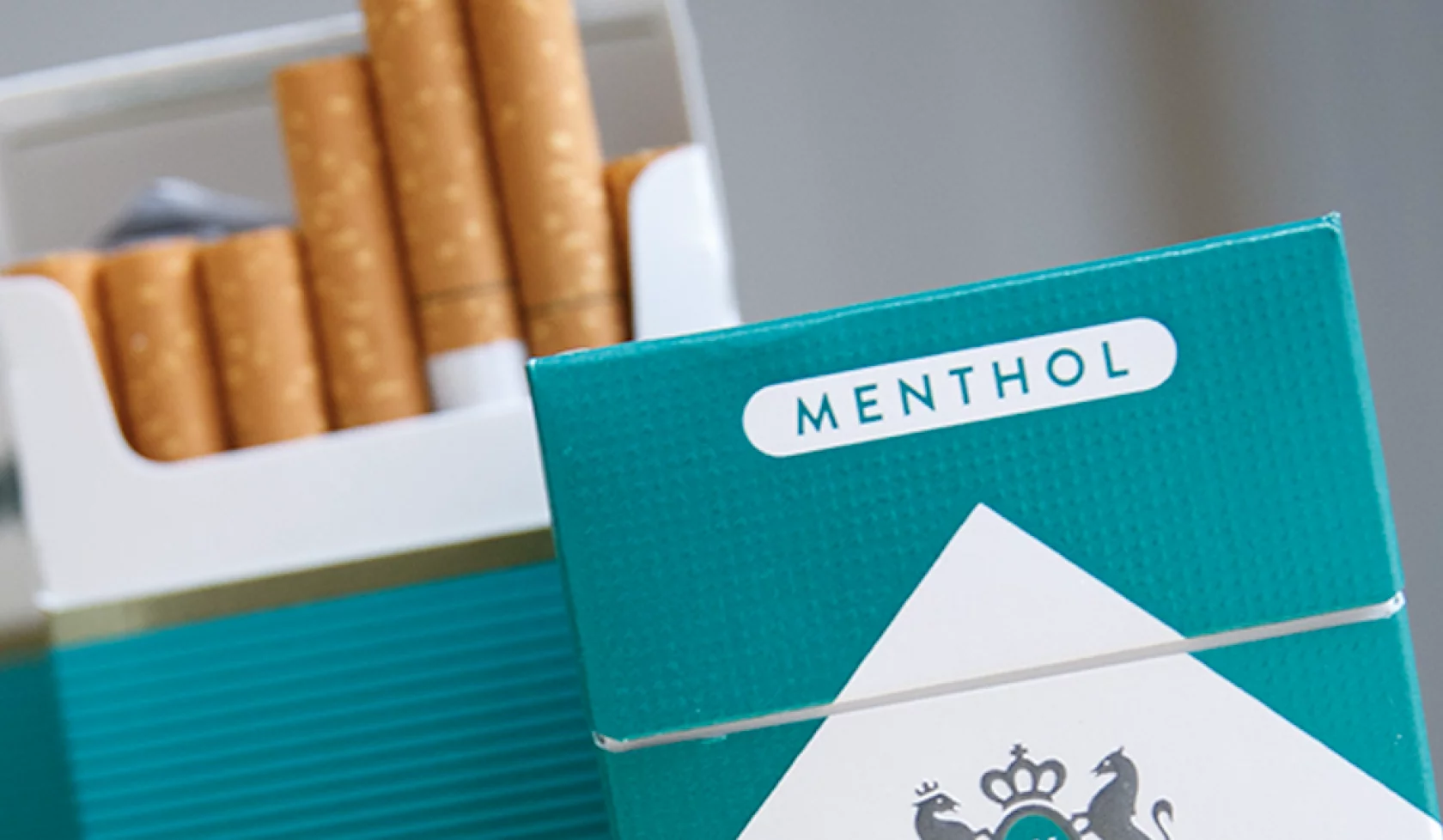In a significant policy reversal, the Biden administration announced on Friday its decision to abandon plans for a ban on menthol cigarettes and flavored cigars. This move comes after facing intense criticism from various quarters, including activists spanning the spectrum from law enforcement to criminal justice reform.
A proposed ban on menthol cigarettes in the US "will take significantly more time," a Biden administration official says https://t.co/2PJqBnNxUI
— CNN (@CNN) April 26, 2024
Initially championed by the FDA as a measure with the potential to markedly reduce the toll of tobacco-related diseases and deaths, the proposed ban encountered staunch opposition. Critics argued that such a prohibition would disproportionately affect Black Americans, a demographic group where menthol products enjoy higher usage rates.
According to data from the FDA, nearly 85 percent of Black smokers prefer menthol cigarettes, compared to just 30 percent of white smokers. Given this discrepancy, concerns were raised about the ban exacerbating existing health disparities and potentially criminalizing a behavior prevalent within certain communities.
The decision to halt the ban marks a departure from the administration’s earlier stance, which had indicated a commitment to curbing tobacco use through regulatory measures. In December, the administration had already announced a delay in implementing the ban, citing the need for further review in light of mounting opposition.
While supporters of the ban lament the retreat from a policy they viewed as crucial for public health, opponents see it as a victory for individual choice and a recognition of the complexities surrounding tobacco regulation.
As the debate continues to unfold, it underscores the challenges inherent in balancing public health objectives with considerations of equity and personal freedoms.

